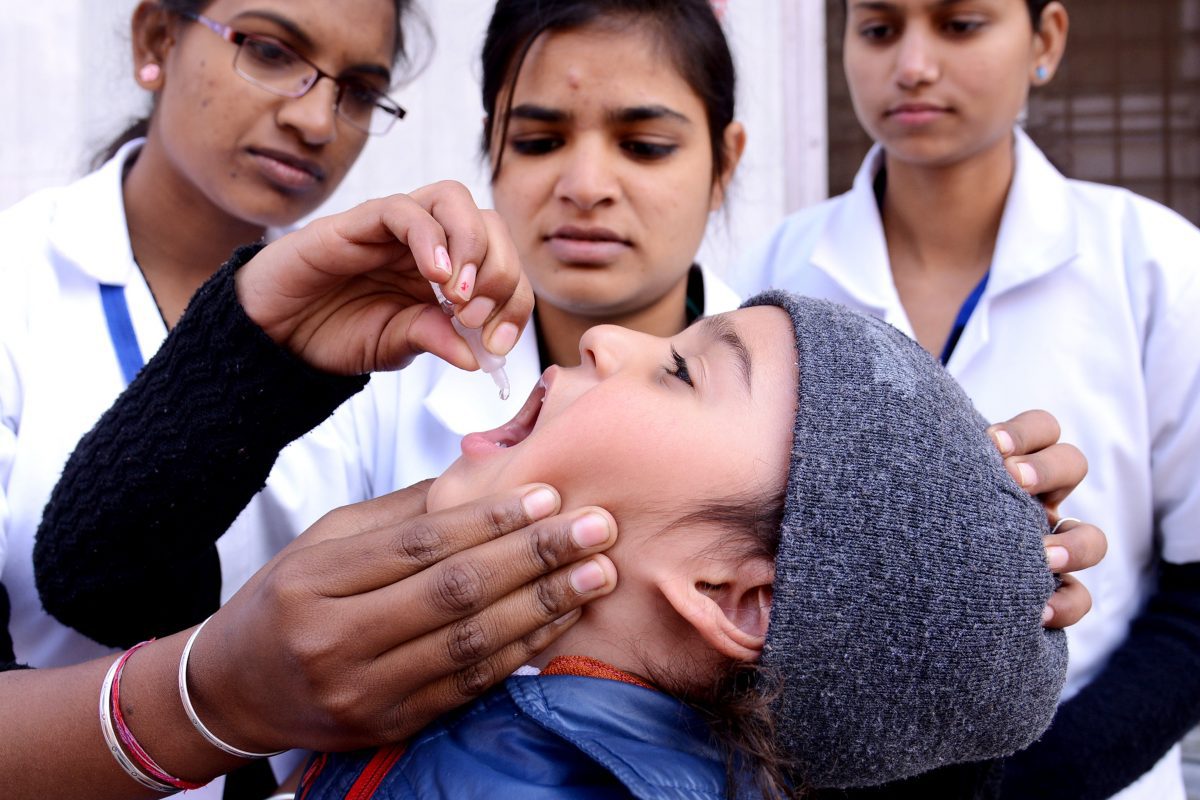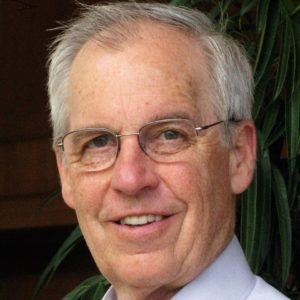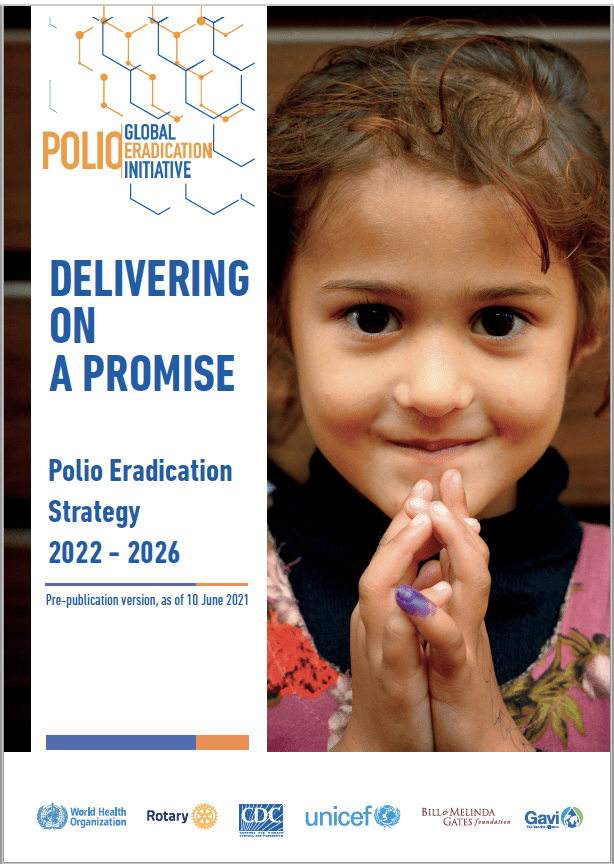
[from District 5630 Newsletter published June, 2021]
Looking back over the past 12 to 15 months, we realize that the coronavirus pandemic has created significant impacts in our personal lives and in the lives of others around the world. Many plans have been delayed, modified or cancelled. Eradication of polio has also felt the impact. Vaccinations were halted in many countries for several months, opening the door for more polio cases—and that is exactly what has happened. There were 1226 cases of polio (in all forms) in 2020 compared to 138 in 2018.
However, setbacks are not new to the polio eradication effort. Those earlier setbacks were overcome with new ideas and resulted in new progress. There is good reason to believe the recent setbacks will also be overcome.
One bright spot in the intersection of COVID-19 and polio eradication was the fact that infrastructure already in place for fighting polio has been beneficial in combatting COVID-19. Polio labs in Pakistan provided COVID-19 testing and sequencing while the polio call center was quickly expanded to serve as the national COVID-19 call line. Polio staff trained more than 18,000 health workers, and polio community mobilizers contacted 7,000 religious leaders and 26,000 influencers. Polio data systems and labs in Nigeria were used to track COVID-19 responses and identify gaps.
Just this week, there have been important new developments toward the goal of polio eradication. According to a June 10th news release from the WHO, multiple countries have come together to reaffirm commitment to ending polio. A new eradication strategy has been drafted with new goals and new strategies to overcome the COVID-19 setbacks and focus on two main goals: 1) Stopping wild polio virus in Afghanistan and Pakistan, the only two countries where it remains; 2) Stopping vaccine-derived polio outbreaks through use of the recently approved “novel oral poliovirus vaccine,” which is effective in preventing the mutations previously responsible for such outbreaks. You can find the new plan here: Polio Eradication Strategy 2022-2026.
The G7 Health Ministers have reaffirmed commitment to a polio-free world and their support for the new plan. Some of the comments in response to this plan include:
- Mike McGovern, Chair, Rotary’s International PolioPlus Committee: “More than 19 million people are walking today who would have otherwise been paralyzed by polio, thanks to the incredible progress we’ve made in protecting children with polio vaccines since 1988. When Rotary helped found the GPEI, we made a commitment to ensure that no child or family should live in fear of polio ever again. We are committed to delivering on this promise and urge governments and donors to help us achieve a polio-free world.”
- Chris Elias, President, Global Development, Bill & Melinda Gates Foundation: “After setbacks in recent years, and indications that some donors may reduce funding to the GPEI, there has never been a more important moment than right now in the history of polio eradication. With adequate support for the new strategy, we can secure a world where no child will be paralyzed by polio ever again and we urge all donors to stay committed and consign this disease to history.”

Dr. Delane Wycoff
PolioPlus Chair
District 5630

